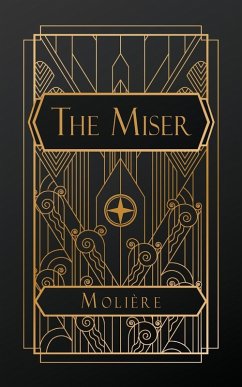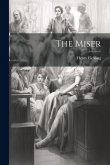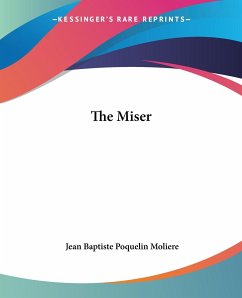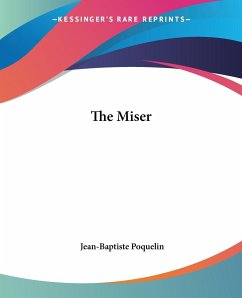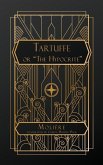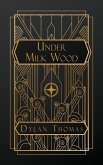Molière's The Miser is a sharp, comedic masterpiece about greed, love, and family. Centered around the miserly Harpagon, whose obsession with wealth entangles everyone in his orbit, this timeless play delivers biting humor and satire on human nature. A must-read for lovers of classic theater and wit.
Hinweis: Dieser Artikel kann nur an eine deutsche Lieferadresse ausgeliefert werden.
Hinweis: Dieser Artikel kann nur an eine deutsche Lieferadresse ausgeliefert werden.

